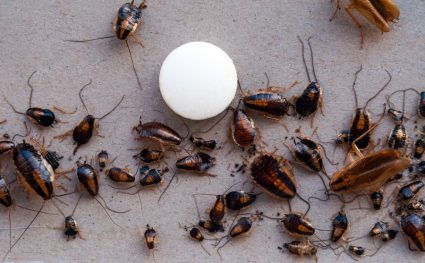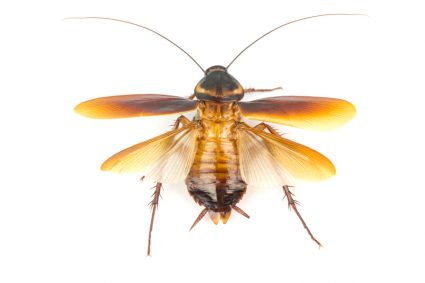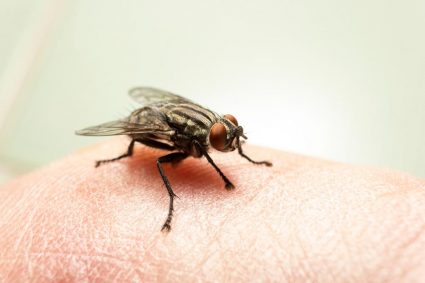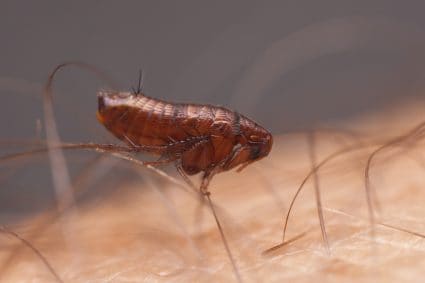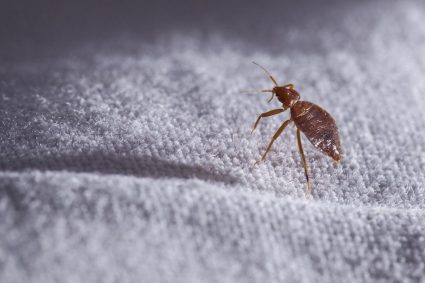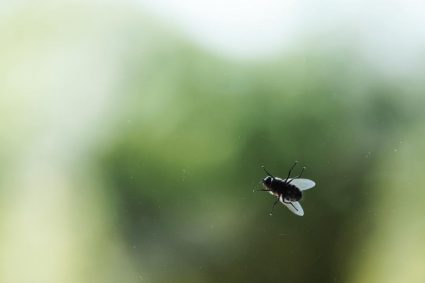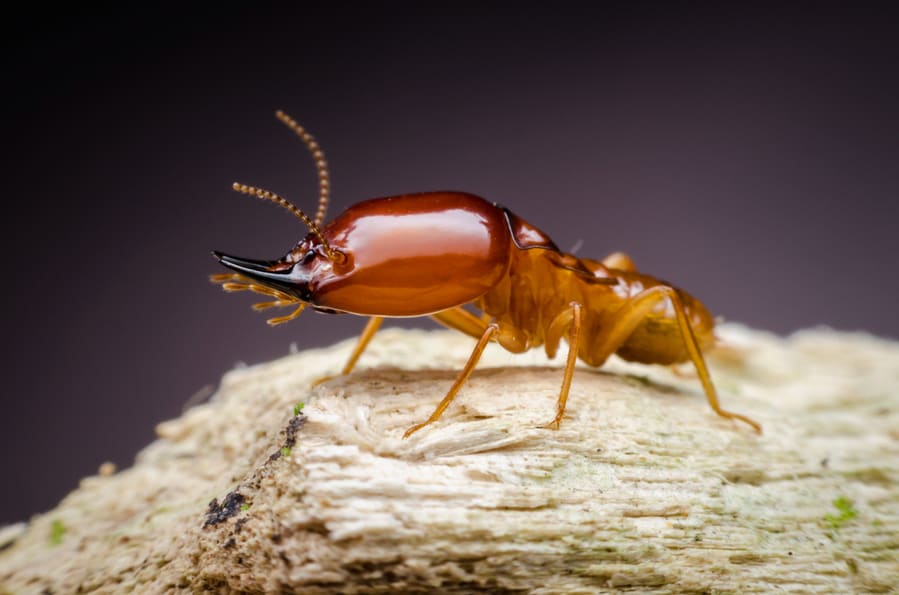
Are you concerned about termites damaging your home or property?
What are some scents that termites dislike?
How do these scents work to repel termites?
Can natural termite repellents, like scents they hate, be as effective as chemical treatments?
If so, you are not alone. One way to help prevent termite infestations is using natural termite repellents, such as scents that termites dislike. But what scents are effective in repelling termites?
Termites are a common problem for homeowners, as they can cause significant damage to wooden structures.
While chemical treatments are commonly used to eliminate termite infestations, some prefer using natural termite repellents like smells they hate.
Therefore, one natural method of repelling termites is using scents that termites dislike. There are a variety of such scents, including:
- Cedarwood and vetiver smell.
- Orange and clove oil scent.
- Eucalyptus, peppermint, and thyme smell.
It is important to note that while these scents can help to repel termites, they are not a substitute for professional termite control. If you suspect that you have a termite problem, it is best to contact a professional pest control company for assistance.
A pest control professional will be able to evaluate the extent of the infestation and recommend the best course of action for eliminating the termites and preventing future infestations.
This article will explore these natural termite repellents and how they can help protect your home from termite damage.
Top 7 Smells That Termites Hate
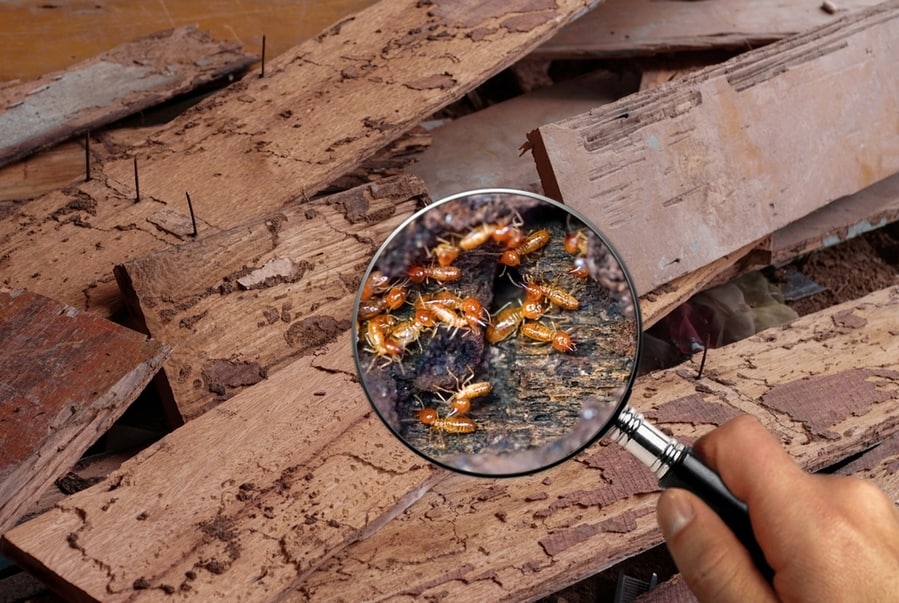
Termites are social insects that use pheromones to communicate with one another, and while they do not necessarily have a particular smell that they hate, certain scents can be used to repel them.
Below are the top seven smells that termites hate:
1. Cedarwood Oil

Cedarwood is a type of wood that is naturally resistant to termites and other pests.
The scent of cedarwood is unpleasant to termites and can help to deter them from infesting wooden structures.
Cedarwood oil can be extracted from the wood and used to make a spray that can be applied to areas where termites are likely to infest.
This scent is especially effective when used on untreated wood, as it can help to prevent future infestations.
2. Orange Oil

Orange oil is a natural oil derived from the rind of oranges. It contains a compound called d-Limonene, which is toxic to termites.
When applied to wooden structures, the scent of orange oil can help to kill termites and prevent future infestations.
However, it is important to note that orange oil is most effective when combined with other termite control methods.
3. Clove Oil

Clove oil is a natural essential oil that contains a compound called eugenol, which is toxic to termites.
When mixed with water and applied to wooden structures, clove oil scent can help to repel termites and prevent infestations.
It is important to note that clove oil has a strong smell and should be used sparingly to avoid overwhelming the senses.
4. Vetiver Oil
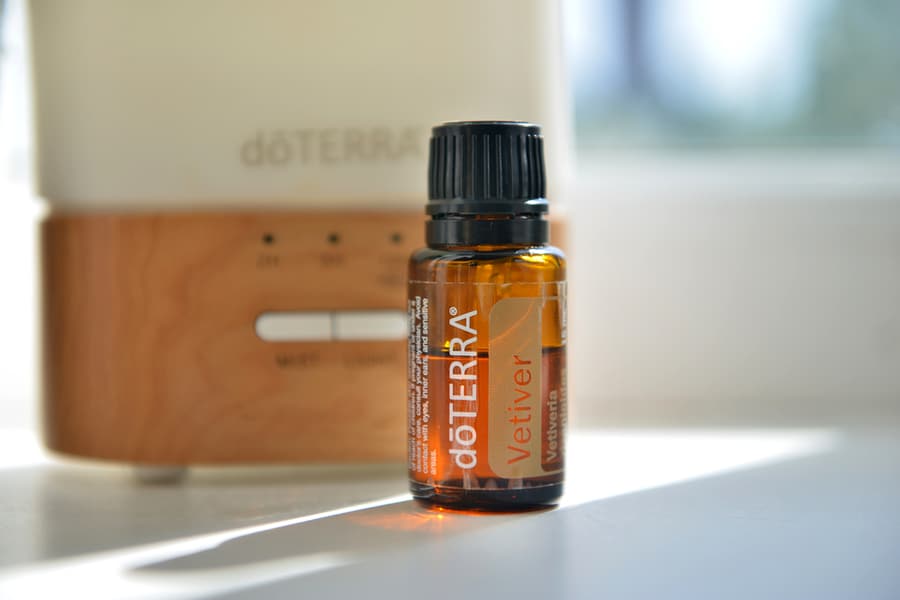
Vetiver is a type of grass that is commonly found in tropical regions.
The vetiver plant’s roots contain insecticidal compounds, making it a natural termite repellent.
The strong, earthy scent of vetiver is also unpleasant to termites and can help to repel them from wooden structures.
Vetiver oil can be extracted from the roots and used to make a spray that can be applied to areas where termites are likely to infest.
5. Eucalyptus Oil

Eucalyptus is a type of tree native to Australia but is now grown in many parts of the world.
The leaves of the eucalyptus tree contain compounds that have insecticidal properties, making it a natural termite repellent.
The scent of eucalyptus is also unpleasant to termites and can help to deter them from infesting wooden structures.
Eucalyptus oil can be extracted from the leaves and used to make a spray that can be applied to areas where termites are likely to infest.
6. Peppermint Oil

Peppermint is a plant commonly used as a flavoring and in aromatherapy.
Termites dislike peppermint’s strong, minty scent, which can help repel them from wooden structures.
Peppermint oil can be mixed with water and applied to areas where termites are likely to infest.
7. Thyme Oil

Thyme is a herb that is commonly used in cooking.
The strong, spicy scent of thyme is also unpleasant to termites and can help to deter them from infesting wooden structures.
Thyme oil can be mixed with water and applied to areas where termites are likely to infest.
Can Scents Be As Effective as Chemical Treatments?
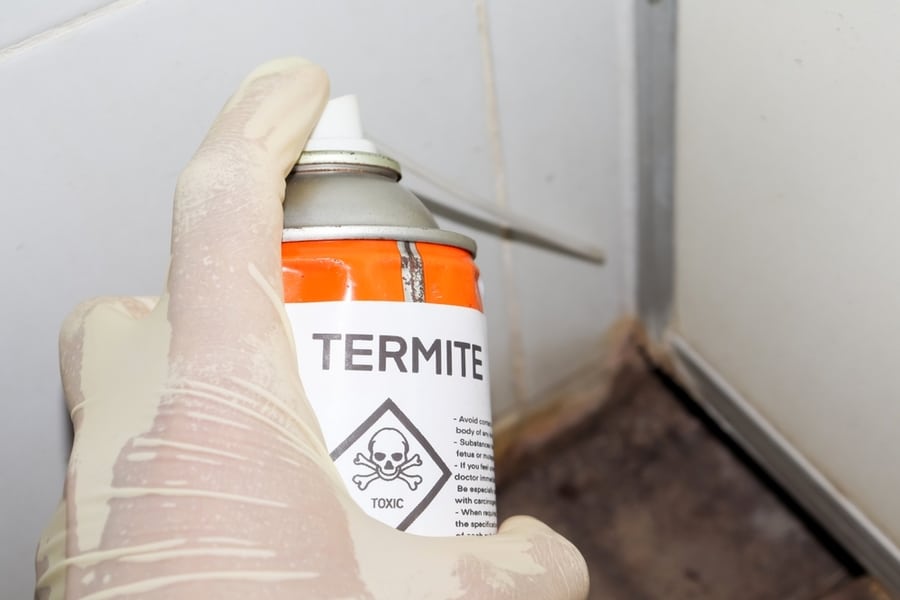
While scents that termites dislike can effectively deter termites from infesting wooden structures, they are not as potent as chemical treatments for eliminating an existing termite infestation.
Chemical treatments are designed to kill termites and are often necessary to eliminate an infestation already taking hold. Scents that termites dislike can be effective as a preventative measure or complementary treatment to chemical options.
Using natural termite repellents alongside chemical treatments may help to repel termites from re-infesting your home once the infestation has been eliminated.
It is important to note that if you suspect that you have a termite problem, it is best to contact a professional pest control company for assistance.
A pest control professional will be able to evaluate the extent of the infestation and recommend the best course of action for eliminating the termites and preventing future infestations.
Summary
Termites can cause significant damage to wooden structures and are a common problem for homeowners.
While chemical treatments are often necessary to eliminate an existing termite infestation, natural termite repellents, such as scents that termites dislike, can be effective as a preventative measure or complementary treatment to chemical options.
Scents such as cedarwood, orange oil, clove oil, vetiver, eucalyptus, peppermint, and thyme can help to repel termites and protect your home from termite damage.
However, it is important to remember that using natural termite repellents alone may not eliminate an existing termite infestation. If you suspect that you have a termite problem, it is best to contact a professional pest control company for assistance.
By taking proactive measures to protect your home, you can help prevent termite damage and ensure the long-term integrity of your property.
Frequently Asked Questions
How Do Scents That Termites Dislike Work To Repel Termites?
Termites rely on pheromones to find food sources and communicate the location of potential food sources to other colony members.
When termites encounter a scent that they dislike, they may avoid the area and look for a different food source. Over time, the repellent scent can help to discourage termites from infesting a wooden structure.
If you suspect that you have a termite problem, it is best to contact a professional pest control company for assistance.
A pest control professional will be able to evaluate the extent of the infestation and recommend the best course of action for eliminating the termite and preventing future infestations.
Are Natural Termite Repellents Safe for Use in Homes With Pets and Children?
Many natural termite repellents, like scents that termites hate, are considered safe for use in homes with pets and children. However, following the manufacturer’s instructions and taking proper safety precautions when using any product is important.
Some essential oils can be toxic if ingested or come into contact with the eyes or skin, so keeping them out of reach of children and pets is important.

